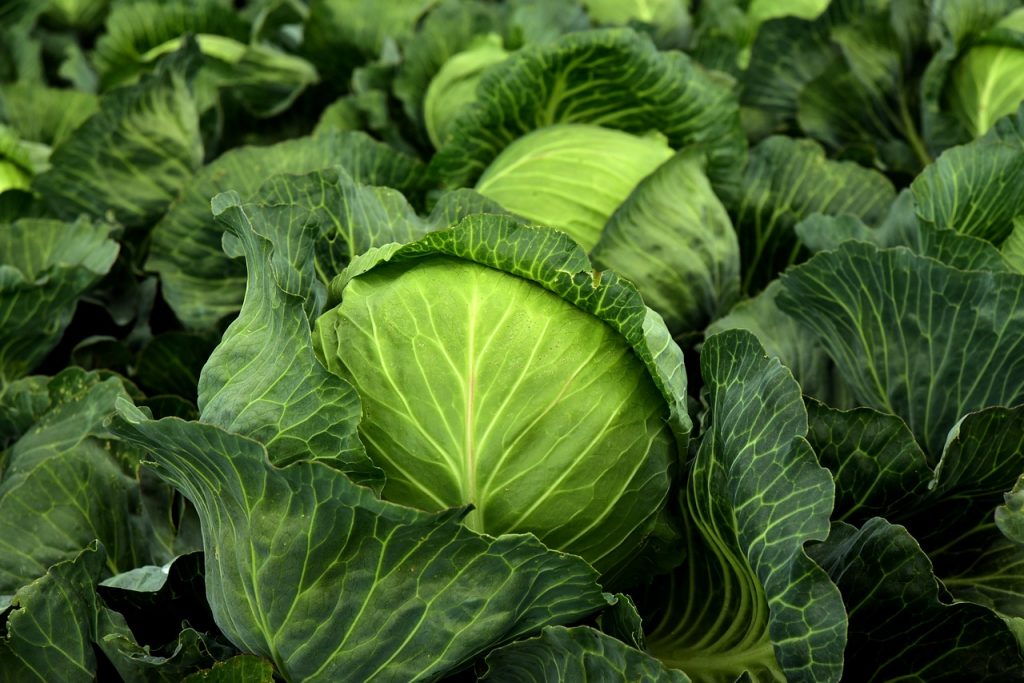
By George Munene
In all her years as a trader at Kamulu market along Kangundo Road, Shiro has never seen the price of limes and lemons this high.
Usually 6-8 limes would go for Sh10, sometimes she would have to sell them at throwaway prices; a lime for as little as 1 bob. Now she sells a single lime for Sh10 up to Sh30 depending on size. And this is if she is lucky enough to be able to acquire any from farmers.
Most of Kenya’s limes and lemons are sourced from Eastern Kenya, particularly Ukambani counties, and farmers who supply her with the citrus fruits now have to harvest the ripe yellow limes that remain once the main harvesting is done. Finding green limes she says, is no mean feat.
The fruits have become a rare sight in Nairobi, even some days going extinct in big markets such as Kangemi.
Related News:Citrus farmers eye juicy future with pest control project
Related News:Rising demand for herbs and spices in local and international markets
Ordinarily, farm gate prices for 20 kg tins oscillated between Sh50 and Sh150 per tin, but now that 20kg tin goes for Sh1,000. A 90 kg bag of limes will set you back anywhere between Sh10,000 and Sh15,000 a sack. Shiro now sells a kilo for no less than Sh100.
She chalks this lime craze up to Covid-19 in two ways; people have had a renewed want for healthy eating and living as well as the claim that alkalinizing your body through a concoction of lime and ginger will create an inhospitable environment for the coronavirus, boosting your immunity to the virus.
In a Friday media briefing Kenya’s Director General for Health Dr. Patrick Amoth said, “No one will stop you from taking your mixture of ginger, lemon and honey; they are good sources of vitamins and micronutrients, but the take home message is that they are is still no cure for Covid-19.”
Write comment (0 Comments)
















